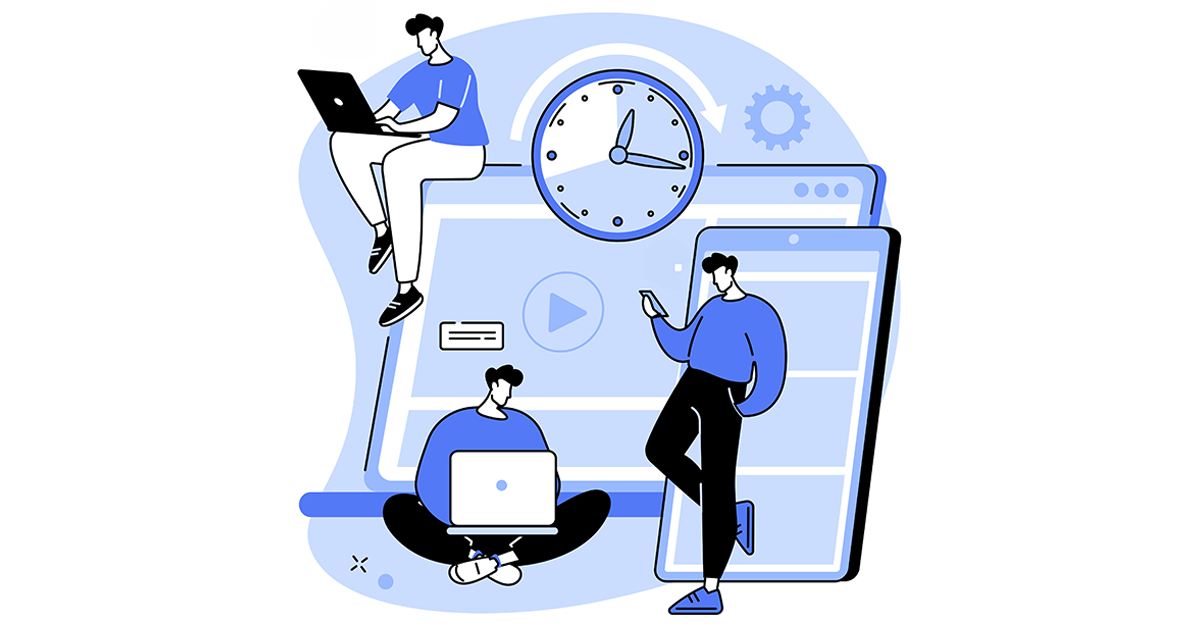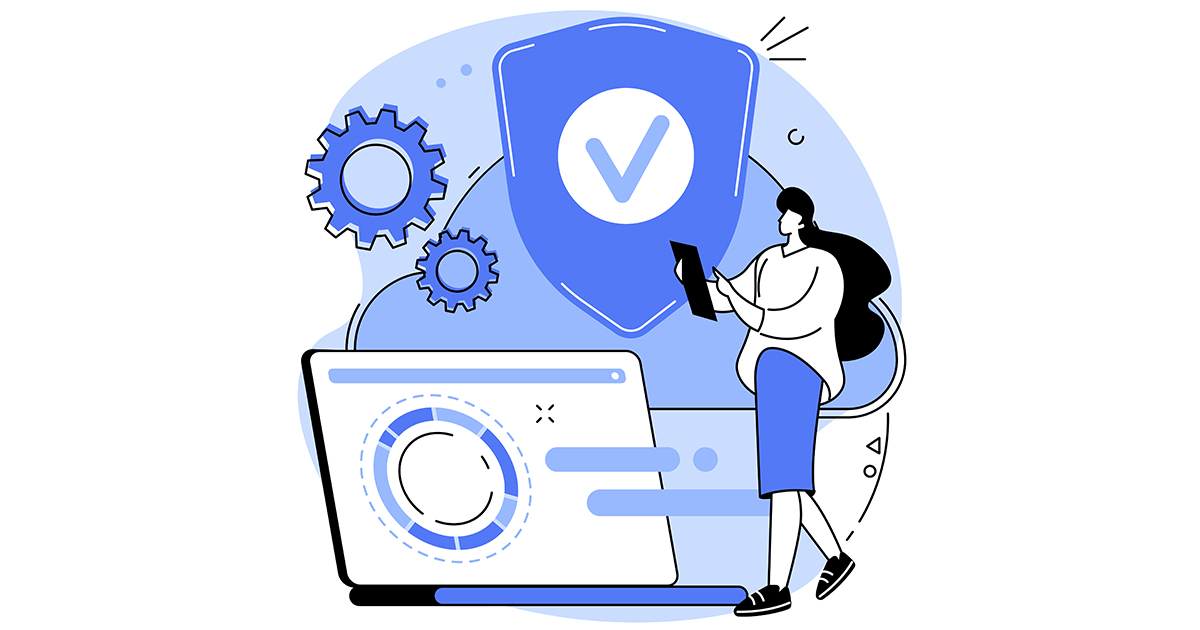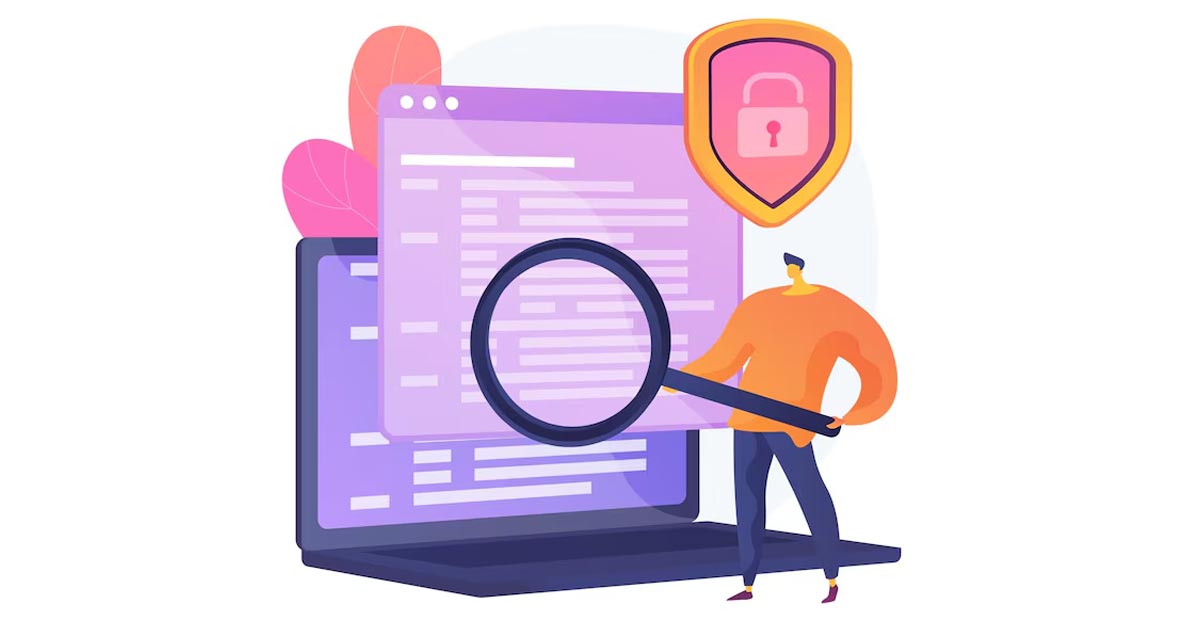The growing future of work has benefitted employees with the flexibility of remote work. Organizations operating in a distributed environment need to balance its challenges and advantages. A study that shows only 22% of the workforce feels engaged in virtual workplace supports companies’ concerns about how efficient teams are in distributed work. Here, employee time management is in focus which can help boost employee efficiency in future workplaces.
Table of Contents
Remote is the new work norm today that has both pros and cons for organizations to control. Businesses transitioning to remote work need to manage productivity in virtual workplaces to avoid inefficiency and gain flexible work advantages. The solution lies in keeping track of what remote teams do, at what time, and with what efficiency. Leveraging one of the effective employee time management tools can help organizations maintain workforce productivity and remote work flexibility.
Why is efficiency important in the workplace
Employee efficiency defines how engaged teams are at work. Organizations working with remote teams can find it tricky to stay in sync with workforce performance and measure employee efficiency metrics. By integrating employee time tracking with the work process, businesses can find productivity gaps and time leakage in employee workflows.
- A single distraction can waste 4.8% of the workday.
- Employees are interrupted every three minutes and five seconds (on average).
- Teams take 23 minutes and 15 seconds in an attempt to regain focus.
- The typical workforce is efficient only for 60% of the workday.

How time management can help improve efficiency
Employee inefficiency at work can cost organizations with delayed timelines and overhead project costs. Time management in the workplace enables remote businesses to evaluate how employees work and what time they spend on what tasks.
Let’s further discuss what value effective time management can bring to your teams and business operations:
Read More: How to Find the Most Productive Hours for Your Workforce
Increase employee focus time
Find out the factors causing distractions in remote workplaces to help improve employee focus time. With time management software, you can capture in real time what activities consume most of the employee time, including apps and website usage, and how it impacts their workflow (whether it contributes to work delay and project costs).
Balance work distribution
Measure employee workload and ensure even distribution of work to avoid overburdening skills and timeline delays. Act on the employee work data extracted with employee time tracking to evaluate what employees are overworking and what employees have availability to manage the work. Even, you can identify and align already engaged skills to role-specific projects. It helps improve employee engagement at work, fast-tracks project completion, and controls cost overheads caused by delayed work timelines.
Enhance work quality
Identify distractions in remote work and help employees dedicate more time to assigned tasks. The employee productivity data recorded with the time management system empowers you to track down inefficient employee activities, including slacking or procrastinating, and align their focus to more valued work. Employees centered at work help businesses avoid workplace inefficiency and unnecessary task delays.
Read More: Performance monitoring – Identify and improve workplace inefficiency
Optimize work hours
Assess employee work patterns and analyze what activities lead to non-performance in remote workplaces. Utilize work time tracker data - captured against employees’ idle, break, and total work hours – to examine whether remote teams spend frequent and exceeding idle or break time, or whether their work hours comprise more non-productive hours. It helps identify inefficiency at the workplace to optimize employee time and business operations.
Boost employee effectiveness
Find out how efficient employees are in doing tasks. Do they have the needed resources and skills to deliver the expected work or require support to be more efficient in performing their roles? Get the answers with employee data collected with time management and productivity tracking to examine what teams do what tasks at what time. It helps detect training opportunities for the workforce consuming more time in doing the tasks.
Enhance employee productivity with wAnywhere
Overcome the challenge of not knowing what virtual teams do with wAnywhere employee monitoring software and keep track of every work data that matters. The advanced AI capabilities of the productivity tool enable you not to miss even the slightest of employee work details to detect what workforce actions drive efficiency at work and what causes disruptions. When you get an intuitive visualization of how employees work through the time tracking software’s dashboard, you gain a clear picture of how teams perform and where they need to improve.
What do you mean by work efficiency?
Work efficiency denotes performing tasks effectively within the estimated time. Teams who practice efficiency can optimize their work hours and do more productive work.
Why is employee efficiency important?
Employee efficiency matters for the reason it helps align employee efforts with the project timeline and saves companies from overhead costs due to work delays.
What factors increase efficiency?
The positive factors that contribute to employee efficiency follow:
- Communicate responsibilities with teams.
- Align workforce with the business regulations.
- Establish a productive work environment.
- Encourage employee time management.
What affects employee efficiency?
Unproductive employee activities, including non-work bound app and web usage, exceeding idle and break time, less than defined work hours, and workplace distractions impact employee efficiency.












